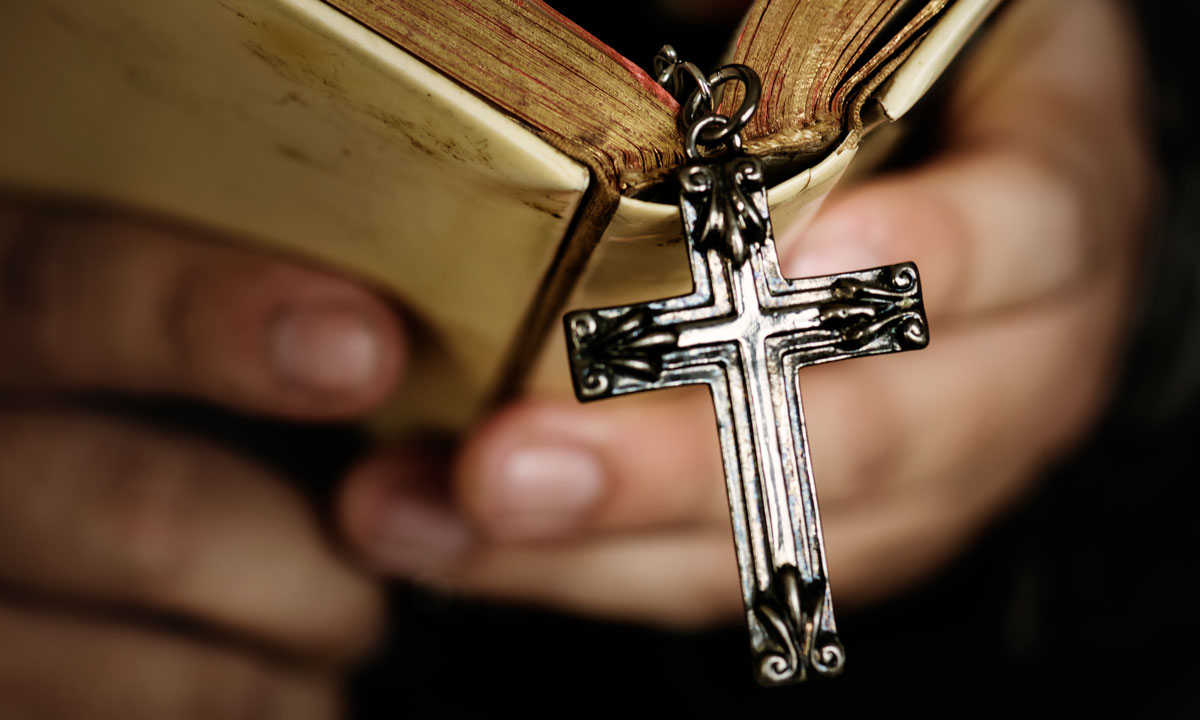
Why some religious people are less likely to use marijuana
The importance of religion in American life is declining. People who still attend church say they are optimistic about the future of their place of worship. A new report from the Public Religion Research Institute (PRRI) provides insight into the thinking of religious citizens. Today, only 16% of Americans surveyed say religion is the most important thing in their lives. A decade ago it was 20%. It is interesting that religious people use marijuana less often. According to a report published in the Journal of Drug Issues, those who lead a religious life tend to have lower rates of medical and recreational marijuana use.
The researchers found:
“The authority perspective suggests that religious engagement can also deter substance use by promoting a general respect for authority, conformity to societal norms, and compliance with the law. Numerous Scriptures advise followers to submit to various “authorities” and “ordinances” (e.g., Hebrews 13:17; Peter 2:13-14; Romans 13:1-7). For example Romans (13:1-2) advises: “Let every soul.” subject to the competent authorities. For there is no authority but God, and the existing authorities are instituted by God. Thus, those who resist authority resist the order of God, and those who resist are condemned itself.’
“Those active in religious institutions may foster conformity through fear of divine retribution, internalized moral codes, guilt avoidance, and the social context of obedient peer networks. When religious people are more respectful of authority than others, they are more likely to obey laws prohibiting the use of illegal substances and the use of prescription drugs in the manner prescribed by a doctor.”
Photo by Christoph Schmid via Unsplash
The study shows that it’s not just about cannabis – religious people are generally opposed to alternative medicine compared to those who self-identify as “spiritual”. One theory holds that religious people reject certain medical technologies in part because they see potential value in suffering, in contrast to non-religious people, who tend to see suffering as something that needs to end as soon as possible.
RELATED: Cannabis and churchgoers don’t mix well, study shows
Of course, this isn’t the first study to find religiosity and marijuana mismatches. A 2016 study found that people who believe the Bible is God’s Word are 58% less likely to also support legalizing marijuana. Study author Daniel Krystosek, a graduate student in sociology at the University of Nevada, summarized data from three national surveys conducted in 2006, 2008 and 2010 by the National Opinion Research Center at the University of Chicago.
In 2018, a Pew Research poll found that only 38% of white evangelical Christians support legalizing marijuana. Eight out of 10 Americans who do not belong to any organized religion support cannabis reform.
The only exception is Rastafari.

Post a comment: